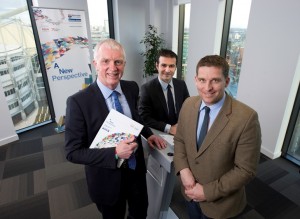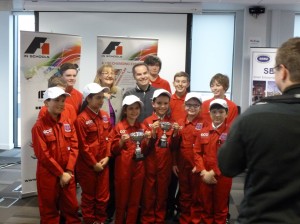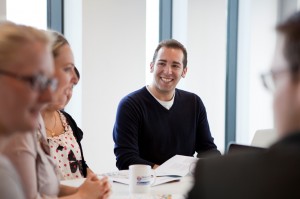By Anna Tilba, Newcastle University Business School
Speaking to a conference of National Association of Pension Funds, Prince Charles voiced his concerns over whether Britain’s’ pension system is built to cope with its ageing population. He emphasised that it is pension funds’ duty to manage environmental, social and economic risks and to change the culture of ‘quarterly capitalism,’ which is unfit for purpose. Prince Charles left it up to pension funds to ‘help shape a system designed for the 21st century and not 19th century’.
Having spent over seven years researching pension fund governance and investment, I would say that yes, change is needed but it is unrealistic that this change will happen, due to issues around pension fund liabilities, complexity of pension fund investment, demographic changes and the current economic climate.
‘Quarterly capitalism’ whereby businesses pursue short term aims for short term gains at the end of each financial quarter, is the sign of our challenging economic times.
Firstly, there are issues around how trustees interpret their duty. The UK legal trust tradition, which gives pension fund trustees the power and the fiduciary duty to act in the best interests of pension fund members, means that trustees -on the most part- interpret that duty as acting in the best financial interests. My recent research into UK pension fund investment practices suggests that trustees’ interpretation of their fiduciary duty of care is a core guiding principal, which informs pension fund investment strategies and actually discourages share-owner and stewardship activities.
Increasing complexity with pension fund investment chain means that in practice, pension funds are far removed from the corporations in which they hold shares. Many delegate all to do with pension fund investments to financial intermediaries who themselves are focused on share trading, rather than responsible shared ownership. The complexity of pension fund investment and an increasing regulatory burden also means that trustees are too busy dealing with pension fund governance and compliance, rather than with monitoring investee corporations and accounting for environmental, social and governance risks.
Furthermore, pension funds are currently operating in an environment characterised by economic recession and unstable, and complex, financial markets. Sadly, pension fund finances are now suffering a double financial blow: one from falls in stock markets and another dealt by the economic recession, impacting on cash flows and pension contributions of the sponsoring companies and local authority councils.
According to the latest figures, pension fund funding deteriorated significantly between March 2011 and March 2012 – the funding ratio (assets divided by liabilities) also fell from 100 per cent to 83 per cent (The Purple Book, 2012), putting more pressure on schemes to look for short-term investment returns to improve funding.
Pension funds are also operating in a world of increased human longevity and progressing pension fund maturity. Scientific data shows that life expectancy rose both in men and women: a 65-year-old man retiring today will, on average, live to 89. As a result of increased life expectancy, pension fund liabilities have soared to £1.702.6 billion with pensions deficits rising to £677.3 billion in 2012, from £470.7 billion a year earlier (The Purple Book, 2012).
Pension fund deficits have created a need for pension funds to match assets with liabilities, the so-called Liability Driven Investment (LDI) is putting more pressure on pension funds to rely on the market, volatile as it may be, to address the funding problem. Pension funds are forced to seek more short-term investment solutions, capable of ensuring the continuous flow of investment income into the fund and secure the payment of pensions.
If we are to start tackling this pension issue, we need to account firstly for the complexity associated with current financial markets. Secondly, we need to focus more attention to the responsibilities and accountability of financial intermediaries such as investment consultants advising the trustees and the investment fund managers who manage pension fund assets on their behalf.
With these two actions, we could make some steps towards the much needed change Prince Charles has called for.






